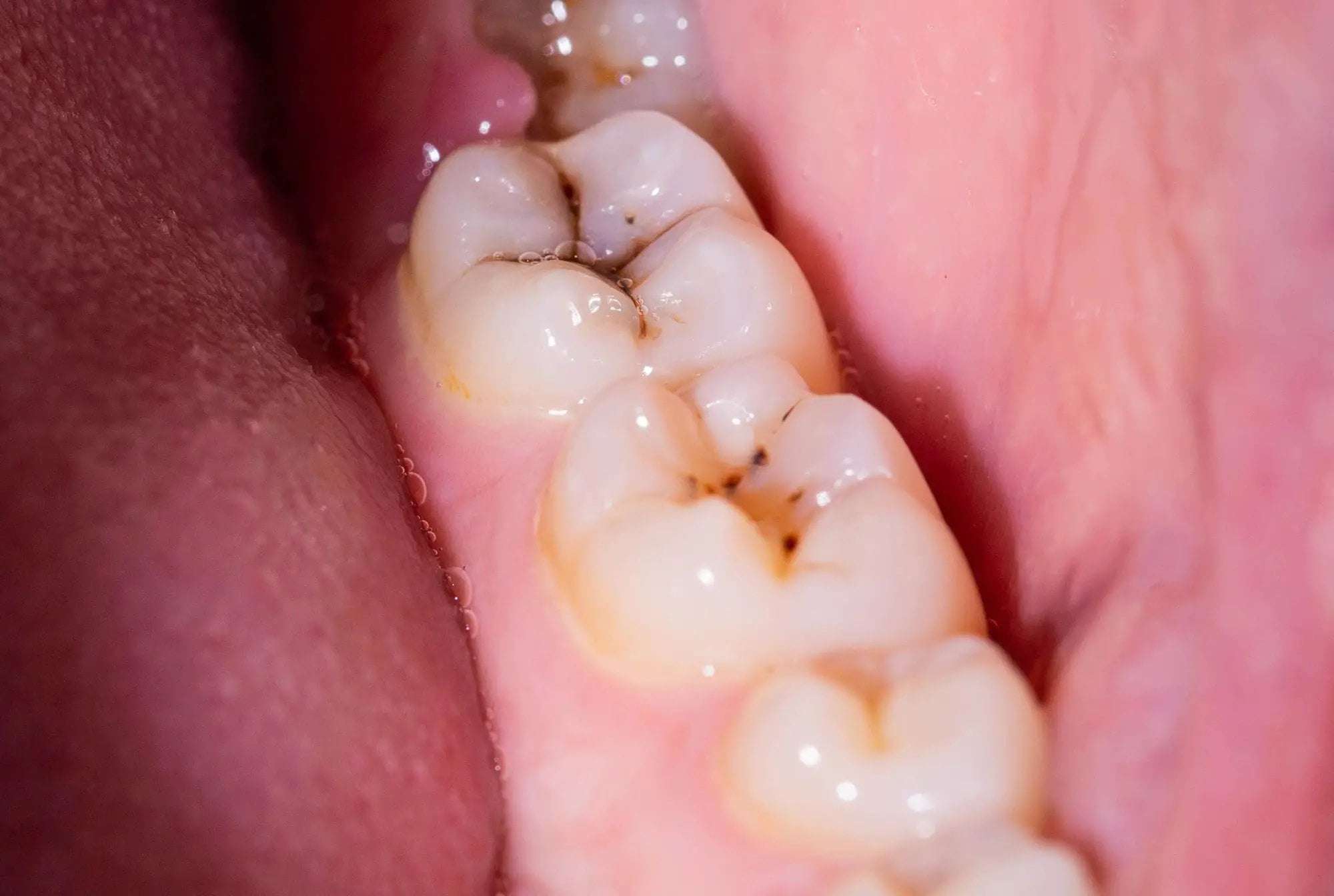3,3′-Diindolylmethane (DIM) decreased the Streptococcus mutans biofilm, a leading contributor to plaque and cavities, by 90%.
A significant portion of the global population experiences persistent issues with dental plaque and cavities or will face them at some time. While toothpaste, mouthwash, and routine dental visits help in prevention, there’s always room for improvement.
Researchers from Ben-Gurion University of the Negev, in collaboration with teams from Sichuan University and the National University of Singapore, have identified that 3,3′-Diindolylmethane (DIM) – a naturally occurring molecule also referred to as bisindole – can reduce biofilms responsible for plaque and cavities by a remarkable 90%.
The molecule is also found to have anti-carcinogenic properties.
Their findings were recently published in the journal Antibiotics.
Your mouth is a great reservoir for bacteria such as S. mutans, which is believed to be one of the primary actors in dental cavities. S. mutans grows in the moist and sugary atmosphere of your mouth after food in a biofilm that coats your teeth. Biofilm generates plaque, attacks enamel, and causes cavities. The scientists found that the bisindole (DIM) disrupted that biofilm by 90% and therefore the bacterium was not given a chance to grow.
“The molecule, which was found to have low toxicity, could be added to toothpastes and mouthwashes to greatly improve dental hygiene,” says lead author Prof. Ariel Kushmaro of the Avram and Stella Goldstein-Goren Department of Biotechnology Engineering. He is also a member of the Ilse Katz Institute for Nanoscale Science and Technology and the Goldman Sonnenfeldt School of Sustainability and Climate Change.
Reference: “3,3′-Diindolylmethane (DIM): A Potential Therapeutic Agent against Cariogenic Streptococcus mutans Biofilm” by Yifat Baruch, Karina Golberg, Qun Sun, Karina Yew-Hoong Gin, Robert S. Marks and Ariel Kushmaro, 6 June 2023, Antibiotics.
The study was conducted with his student Yifat Baruch, and Dr. Karina Golberg, as well as Prof. Robert S. Marks of the same department and Qun Sun of Sichuan University, and Karina Yew-Hoong Gin of the National University of Singapore.
The research was supported by the International Research and Development Program of Sichuan (2019YFH0113) and SMART innovation grant ING-000398 (Singapore).

M_Z_R on September 9th, 2023 at 21:30 UTC »
Hopefully this will fix all the cavities I’ve been neglecting over the years.
Yuplily on September 9th, 2023 at 20:59 UTC »
The journal Antibiotics is respectable.
These are very preliminary data. And they claim that the substance has anti-cancer properties. Anti-cancer typically refers to the ability to kill cells. The key will be whether it can SELECTIVELY kill cancer cells while sparing healthy cells.
Xispawnix on September 9th, 2023 at 20:47 UTC »
Evidently, dindolylmethane is already available for purchase. Would it be possible to simply grind this substance up and use it as mouthwash?